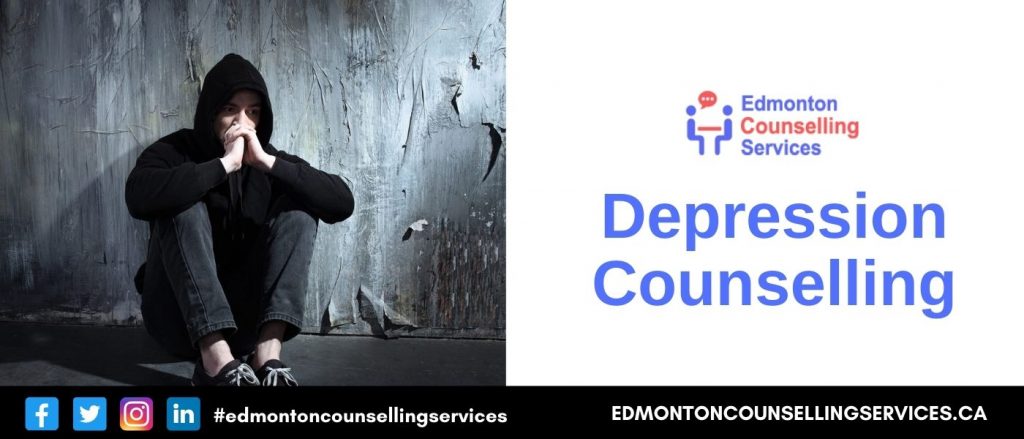More from counsellingservices counsellingservices
More in Politics
Related Blogs
أرشيف
حصة الاجتماعي
Benefits of taking counselling
الجسم
Finding the right counsellor, psychologist, or psychiatric professional may take some time. When it comes to depression counselling, the patient-counsellor relationship is key to successful treatment. You may need to meet a few people before you find someone you trust.
Talk to your doctor first if you don't know where to look. You can also contact a major mental health center in your area. They may not provide the services you need, but they may know a counsellor near you who offers Depression Counselling.Despite the damage, the drug is taken often. Frequent use of drugs can change the brain and lead to addiction.
Drug addiction is considered a "degenerative" disease because the brain changes that result from addiction can be long-lasting. This means that people who recover are at risk of reusing the drug, even if they haven't taken it in years.

Do all people who use drugs become addicted?
Not everyone who takes drugs becomes addicted. Because each person's body and mind are different, they may respond differently to medications. Some people become addicted immediately, while others become addicted over time. Others do not become addicted. Addiction treatment depends on many factors, including genetic, environmental, and developmental factors.
Who is at risk for substance abuse?
Several risk factors increase the likelihood of substance abuse, including:
- Your biology: Everyone reacts differently to medicine. Some people like the feeling when they first try the drug and want more. Others hate how they feel and don't want to do it again.
- Mental health problems: People with untreated mental health problems such as depression, anxiety, and attention deficit hyperactivity disorder (ADHD) are more likely to become addicted. This can happen because substance abuse and mental health problems affect the same brain. Also, people with these problems sometimes use drugs to make themselves feel better.
- Home problems: If your home was unhappy or you had a childhood, you most likely have a drug problem.
- Problems at school, work, or making friends: Drugs can be used to distract from these problems.
- Socializing with other drug users: You may be encouraged to try drugs.
- Starting to use drugs at an early age: When children take drugs, they affect the way their bodies and brains develop. This increases the likelihood that you will become addicted as an adult.
Fortunately, depression is highly treatable, with 80% to 90% of people reporting a good response to treatment. The first step to getting Anxiety depression Counselling therapist or psychologist who can help you understand and overcome the underlying causes of depression and develop strategies to manage symptoms.
Treatment of depression
Depression is often treated with medications called antidepressants, therapies, or a combination of the two. There are several types of antidepressants. It may take some time to find what works for you, so it's important to work closely with your doctor. Once you find something that works, you may notice an improvement in your mood within a month.
Anxiety Counselling Treating depression with medication or psychotherapy has been shown to help treat both short-term and long-term depression. Some popular evidence-based approaches include cognitive behavioural therapy (CBT), interpersonal therapy (IPT), and problem-solving therapy.











تعليقات